Under North Carolina law, pay when paid clauses are unenforceable. Simple enough, in theory. To be more specific, “payment by the owner to a contractor is not a condition precedent for payment to a subcontractor and payment by a contractor to a subcontractor is not a condition precedent for payment to any other subcontractor, and an agreement to the contrary is unenforceable.”
The statute is straightforward and essentially makes pay when paid clauses unenforceable, or so it would seem. However, in Statesville Roofing & Heating Co. v. Duncan, 702 F.Supp. 118 (W.D.N.C. 1988), the district court ruled that although pay when paid clauses cannot create conditions precedent that eliminate the obligation to pay, they can be used to establish the timing of a payment obligation.
What happens though if the Owner never pays, or asserts backcharges or liquidated damages to delay, reduce, or eliminate payments to the contractor? The court held that the payment obligation is triggered by the time the Owner reasonably should have paid for the subcontractor’s work, not from when it actually did pay for the work. In other words, the clause does not eliminate the contractor’s obligation to pay simply because the Owner does not pay.
This interpretation of pay when paid clauses derives from Howard-Green Electric Co. v. Chaney & James Construction Co., 12 N.C. App. 63 (1971), a case that predates N.C.G.S. Section 22C-2. That court held that the clause “postpones payment only until, in the usual course of business, final settlement of accounts between the general contractor and the Owner could reasonably be expected.”
The transfiguration of a pay when paid clause to a clause effecting timing of payment but not creating a condition precedent is not dependent on any finding of ambiguity. A perfectly clear pay when paid clause that on its face reads as a “paid if paid” clause will be enforced only to the extent it affects the timing of payment. Beyond that it is unenforceable.




